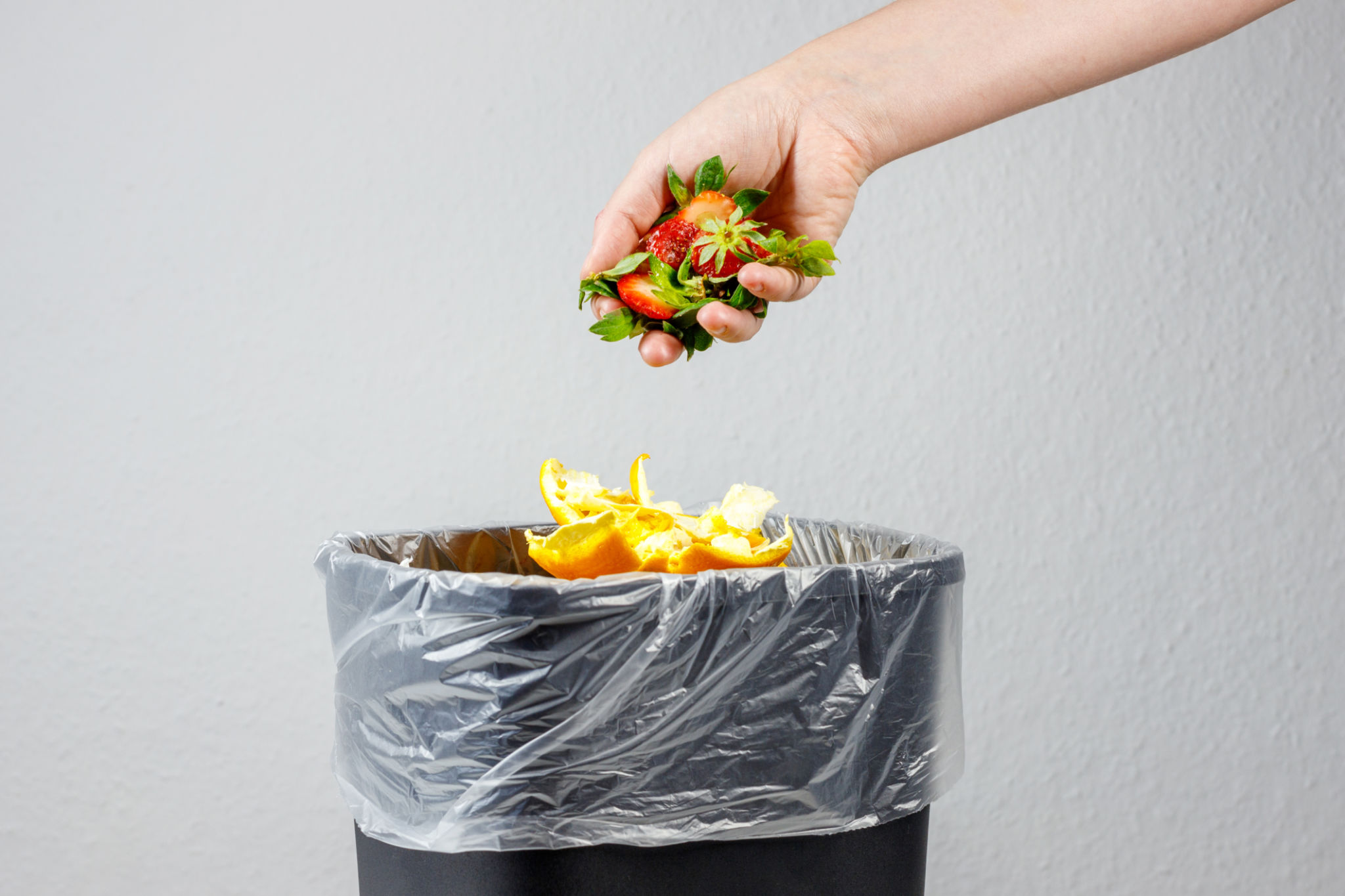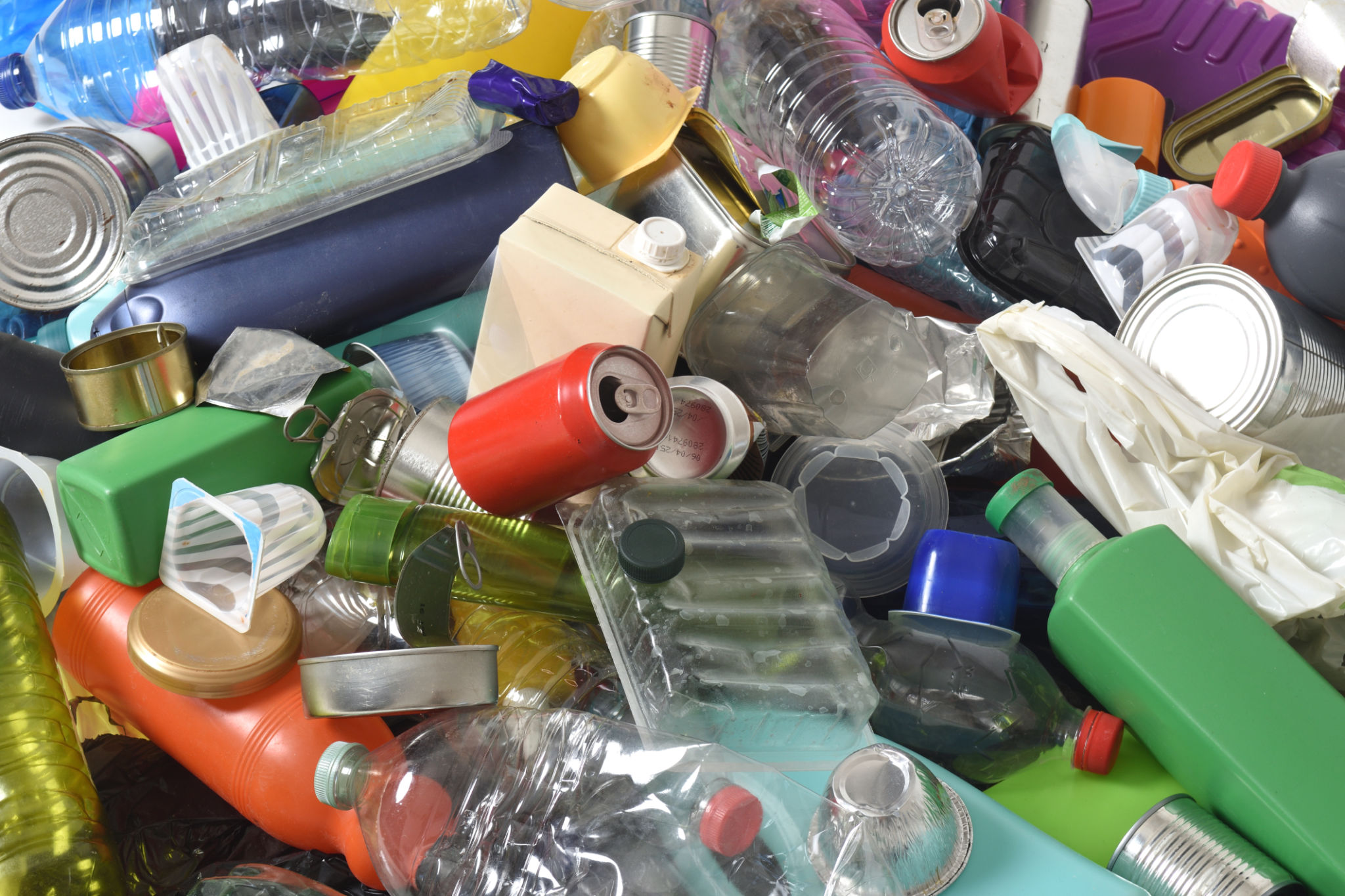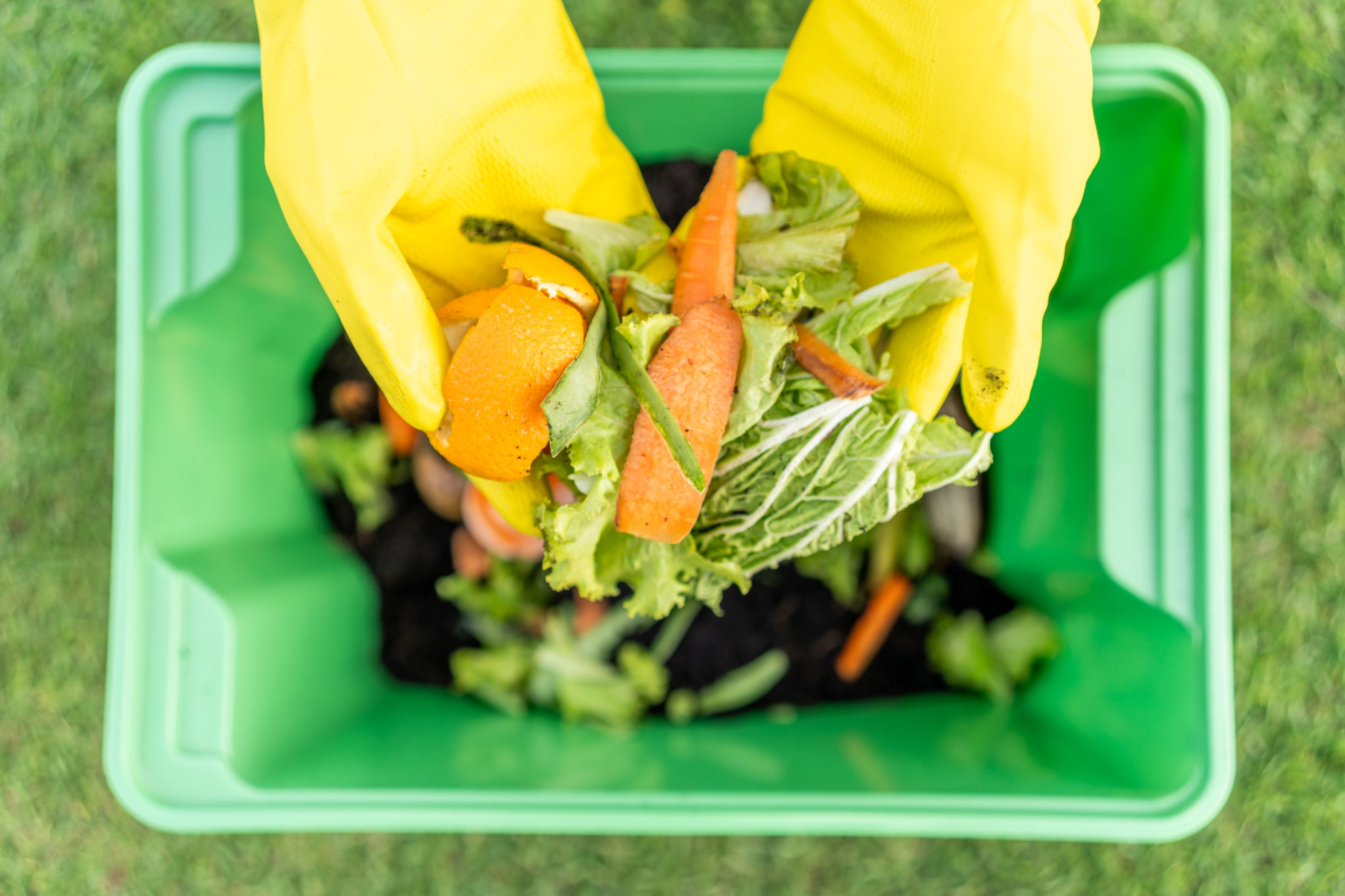A Step-by-Step Guide to Responsible Junk Disposal
Understanding the Importance of Responsible Junk Disposal
In today’s world, where environmental concerns are at the forefront, responsible junk disposal is more crucial than ever. Disposing of waste improperly can lead to pollution, harm wildlife, and contribute to the growing problem of landfills. By taking steps to dispose of junk responsibly, you can play a part in creating a healthier planet.

Assessing Your Junk
The first step in responsible junk disposal is to assess what you have. Go through your items and determine which are recyclable, reusable, or need special handling. Items like electronics, batteries, and chemicals require special attention due to their potential hazards. Making a detailed list can help you decide the best way to dispose of each item.
Sorting and Categorizing
Once you’ve assessed your junk, the next step is to sort and categorize it. Separating recyclables from trash is essential. Items like paper, plastic, metal, and glass can often be recycled. For items that are still in good condition, consider donating them to local charities or shelters. This not only reduces waste but also helps those in need.

Finding the Right Disposal Methods
Different materials require different disposal methods. Research local recycling programs and facilities that accept specific items. Many communities offer curbside recycling services or have designated drop-off centers for certain types of waste. Knowing where and how to dispose of your junk properly can make the process much smoother.
Donating and Reusing
If you have items that are still usable, donating or reusing them is an excellent option. Many organizations accept gently used furniture, clothing, and other household goods. Not only does this prevent waste, but it also supports community programs and helps those in need. Consider creative ways to repurpose items in your own home as well.

Disposing of Hazardous Materials
Items like chemicals, batteries, and electronics require special handling due to their hazardous nature. Check with your local waste management authorities for guidelines on disposing of these materials safely. Many areas have specific collection days or designated facilities where you can drop off hazardous waste.
Composting Organic Waste
For organic waste like food scraps and yard trimmings, composting is an environmentally friendly option. Composting not only reduces the amount of waste sent to landfills but also creates nutrient-rich soil that can be used in gardens. Setting up a compost bin at home is simple and beneficial for both the environment and your garden.

Educating Yourself and Others
Staying informed about responsible junk disposal practices is key to making a positive impact. Attend workshops or community meetings about waste management and recycling. Share what you learn with friends and family to encourage them to adopt sustainable practices as well.
By following these steps, you not only contribute to a cleaner environment but also set a responsible example for future generations. Responsible junk disposal is an ongoing commitment that can lead to significant positive changes for our planet.
